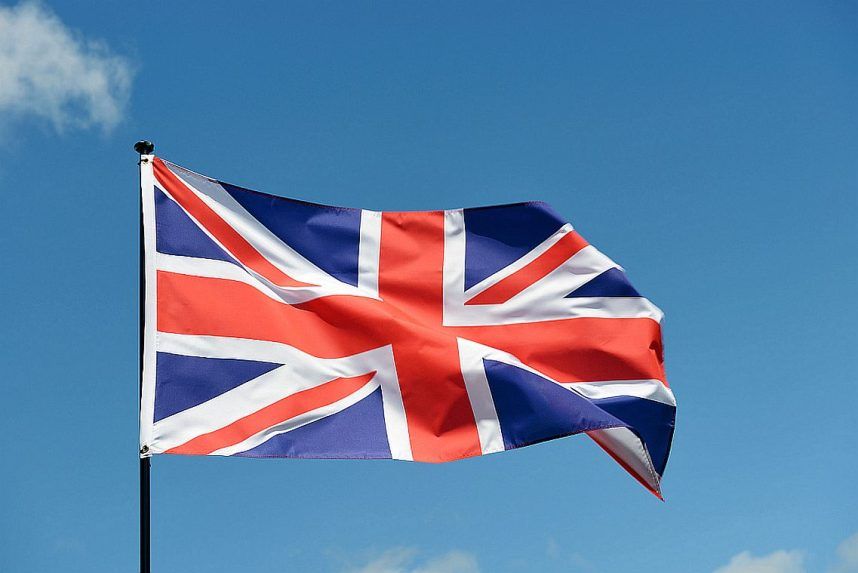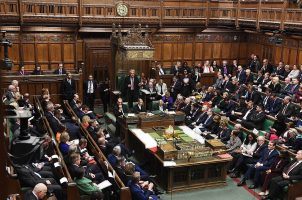UK to Discuss Gambling Bonus Regulations as Public Backlash Intensifies
Posted on: November 3, 2023, 09:46h.
Last updated on: November 3, 2023, 11:40h.
The UK Gambling Commission (UKGC) is ready to address the subject of bonuses and other incentives with gaming industry players. It’s part of a complex review following the publication of the government’s white paper, although public resistance to some of the recommendations is growing.

Mandy Gill, the UKGC’s Director of Compliance, highlighted the consultation on bonuses when she spoke at the British Amusement Catering Trade Association (BACTA) this week. The primary focus of the consultations is the use of free bets and other incentives, and the role they play in providing a “socially responsible” gaming experience.
The white paper introduced a number of recommendations that could significantly alter the UK’s gambling space. Not all, such as affordability checks, have been welcome, and it’s up to consumers and the gaming industry to ensure that the reforms meet with their approval.
Bonuses, Free Bets on the Chopping Block
The gaming regulator is now accepting feedback from gaming entities on how they currently address the union between incentives and social responsibility. They will also be able to supply input on how these incentives can be adjusted going forward to align with the government’s sweeping gambling reforms.
The government and the UKGC have already introduced limits to how gaming operators can use incentives to attract players. The white paper could introduce further restrictions, a concern that has led some to warn that the black market could gain strength.
Gill said during her BACTA speech that the regulator and government officials will discuss gambling management tools during the latest consultation. Part of this will focus on whether there should be tougher online deposit limits.
The UKGC is also expecting feedback on “regulatory returns.” These are a type of self-supplied audit from gaming operators that provide information on their daily activities. The regulator uses the information to help ensure the operator is in compliance with the terms of its license.
To that end, the UKGC is considering increasing the frequency with which it collects regulatory returns. Currently, most operators provide quarterly and annual returns.
There will also be discussion on the possible removal of a “significant number of items that are out of date or not useful.”
More Consumers Opposed to Changes
The consultation on bonuses and incentives follows the discussion on affordability checks and other topics, which received 3,000 submissions from the gaming space. These checks, in many cases, would require gamblers to constantly show their financial stability to gamble. In some cases, it could also cut some of them off completely.
The UKGC argues that the impact of affordability checks won’t be that substantial, although it hasn’t been able to produce concrete figures to support the claim. There are currently two petitions in progress that would seem to indicate that the general public doesn’t agree.
The “Stop the Implementation of Betting Affordability/Financial Risk Checks” petition points out that the checks will apply when players sustain losses of as little as £1.37 (US$1.69) per day.
The petition launched on November 1, and in just two days, already has more than 41,200 signatures. The window to sign closes on May 1, 2024.
The second petition, “Don’t Allow Affordability Checks for Sports Betting,” isn’t as specific, only stating that “[bettors] shouldn’t have to experience intrusive checks covering aspects of their finances.” This petition ends on November 9, and currently has slightly more than 4,100 signatures.
In accordance with UK law, the government must respond to the first petition. This is a requirement once a petition receives at least 10K signatures. If the second petition finds 6,000 more signatures within the next week, the same requirement will apply.
Additionally, a petition that receives at least 100K signatures will get further government attention. A parliamentary debate is required once a petition reaches that level.
Related News Articles
UK Government Committee to Launch Gambling Study Ahead of New White Paper
New UK Gambling Regs Under Fire Over Lack of Evidentiary Support Claims
UK Government Data Mistakes Forces Changes to Gambling Reform Discussions
Most Popular
Las Vegas Overstated F1 Race’s Vegas Impact — Report
Mega Millions Reportedly Mulling Substantial Ticket Price Increase
NoMad Hotel to Check Out of Park MGM on Las Vegas Strip
Most Commented
-
End of the Line for Las Vegas Monorail
— April 5, 2024 — 90 Comments -
Mega Millions Reportedly Mulling Substantial Ticket Price Increase
— April 16, 2024 — 8 Comments -
Long Island Casino Opponents Love New York Licensing Delays
— March 27, 2024 — 5 Comments
















No comments yet